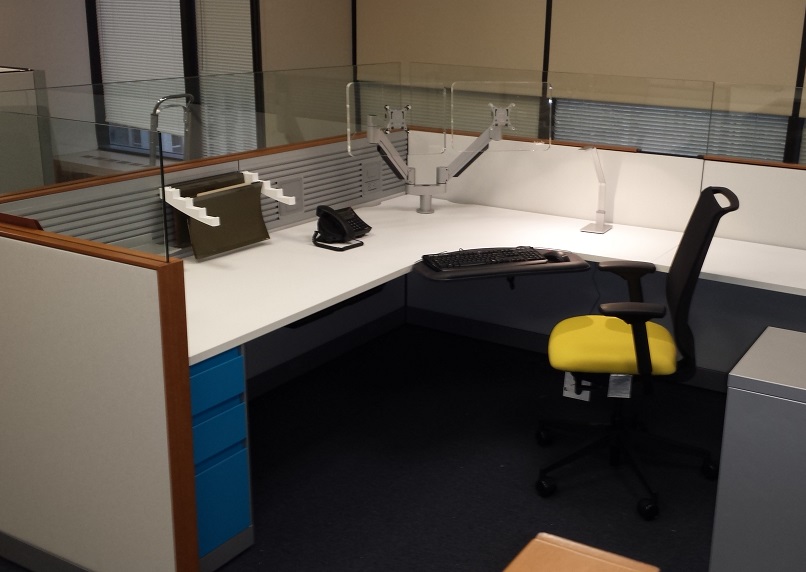When choosing between a General Contractor (GC) or a Construction Manager (CM), several factors should be considered such as schedule, budget, the complexity of the project, lease terms, risks, and accounting requirements.
The decision between a GC and a CM is an important one that requires careful consideration. Some key factors to consider when making this decision include:
A GC typically provides a fixed price based on construction documents and is best for non-complex projects with a set of complete construction documents. A GC may also self-perform certain aspects of the construction project to save cost.
A CM, on the other hand, focuses on pre-construction services, such as budgeting, critical path scheduling, and sub-contractor pre-qualification, and is best for complex projects with high-end designs, schedule challenges, and accounting advantages.
Choosing a GC as the primary contractor for a construction project can provide several benefits:
- Budget – The budget for the project is an important factor. A GC may be the better choice for a project with a limited budget, while a CM may be more appropriate for a project with a larger budget or one that requires more complex management.
- Cost savings – GCs provide a fixed price bid that is based on a complete set of construction documents, ensuring cost predictability and budget certainty for the client.
- Coordination – GCs are responsible for managing all aspects of the construction project and coordinating with all parties involved, reducing the burden on the client.
- Project scope – GCs assess the project scope and ensure that all necessary work is included in their bid.
- Single point of contact – GCs serve as the central communication point for all parties, simplifying the process and reducing the chance of miscommunication.
- Expertise – GCs have the necessary experience and expertise to manage all aspects of the construction project, including procurement of materials, equipment, and labor.
These benefits can make the choice of a GC an attractive option, especially for non-complex projects or projects that are based on standard building codes and regulations.
Choosing a CM as the primary contractor for a construction project can provide several benefits:
- Pre-construction services – CMs typically provide pre-construction services, such as budgeting, scheduling, and design review, to help ensure a successful project outcome.
- Complex projects – CMs are well-suited to managing complex projects that require specialized project management techniques and expertise.
- High-end design – CMs can provide additional support for high-end design projects, helping to ensure your vision is realized.
- Schedule challenges – CMs can help manage schedule challenges by providing regular progress updates, monitoring the schedule, and working with all parties to ensure that deadlines are met. If the project has tight deadlines, a CM may be more appropriate as they have the experience and expertise to manage schedule challenges.
- Cost savings – CMs typically use a combination of negotiated and competitive bidding to ensure that the client gets the best value for their investment.
- Lease terms – The lease terms of the project should also be considered. A CM may be more appropriate for projects with specific lease terms or conditions that require specialized management.
Next – Part 2 – Pre-Construction Services
Discover more from Helping NYC & Long Island Commercial Tenants, Owners, and Developers
Subscribe to get the latest posts sent to your email.





